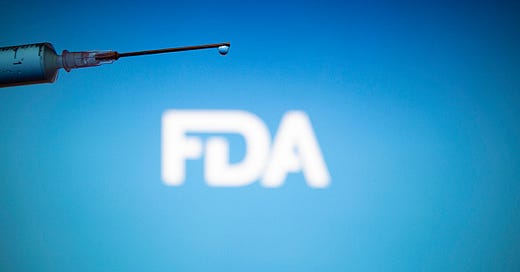The FDA Relied On Wildly Overestimated Booster Efficacy Estimates To Make Decisions, As CDC Turns To Annual Shots
A widely promoted study on booster efficacy likely overestimated potential benefits by ignoring confounders
The efficacy of interventions against COVID has been one of the pandemic’s most important considerations.
Many government imposed policies and mandates have unfortunately rested on assumptions and estimates provided in studies, yet with a complete disregard of the extent to how poorly conducted or misleading they may have been.
The CDC Repeatedly And Purposefully Put Out Misleading, Low Quality Studies To Push Masks
The CDC is ostensibly one of the world’s most important and influential public health institutions. Their recommendations and guidance form the basis for those issued by countries that are without the resources or necessity to have their own competitive agencies.
Whether it be applied to masks, vaccine efficacy or other potential policies, a tremendous amount of research has been published or posted claiming to show benefits from government-preferred interventions.
The same applies to vaccines and boosters.
In fact, these might be the most commonly studied subjects, since many politicians relied on efficacy estimates to impose inexcusable discriminatory practices barring unvaccinated individuals from businesses, jobs, or schools.
And turns out, some of these estimates have been hopelessly overestimated in order to give cover to those who demand endless booster doses, which of course includes the CDC, an organization that is now openly signaling its intention to demand annual COVID shots.
Some of these estimates have been repeatedly used by the U.S. FDA, one of the world’s most influential public health organizations, which relied on an unbelievably misleading study to promote their policy goals.
Keep reading with a 7-day free trial
Subscribe to Unmasked to keep reading this post and get 7 days of free access to the full post archives.






